The 2006 ‘REPORT OF THE INDEPENDENT PANEL FOR THE BBC GOVERNORS ON IMPARTIALITY OF BBC COVERAGE OF THE ISRAELI-PALESTINIAN CONFLICT’ – also known as the Thomas report – included the following recommendation:
“1.15 We recommend the BBC should get the language right, that is: remedy deficiencies on language and ensure consistent application of best practice, when agreed. In particular: a) it should consider issuing to staff a crisper and more operationally useable guide to facts and terminology than that currently made available internally to BBC journalists. This should be published so that the public has the same access to this as they already have to many other BBC editorial guidelines.” [emphasis added]
As a result, the BBC did indeed make a version of a document titled ‘Israel and the Palestinians: Key terms’ available to the public, including on the BBC Academy website.
Sometime in the first half of 2021 the corporation decided to remove that document from the BBC Academy website. In the BBC’s response to a complaint submitted in May we were told that:
“As part of a broader strategy to move BBC Academy training content to focus internally and on skills not editorial content we identified for removal a wealth of content, particularly the editorially led, internationally focussed style guides as these do not fit the remit of internal skills training which is now the strategic focus of the BBC Academy. The article you are referring to has been removed as part of this project along with a significant number of other pages on a wide variety of subjects.”
What the BBC has chosen to do with that document, whether it is still relevant and whether or not the BBC has decided that it no longer needs to follow the recommendation included in the Thomas report is unclear.
One of the more frequently ignored clauses in that style guide related to the use of the term Palestine.
“There is no independent state of Palestine today, although the stated goal of the peace process is to establish a state of Palestine alongside a state of Israel.
In November 2012 the PLO secured a vote at the UN General Assembly, upgrading its previous status as an “entity” so that the UN now recognises the territories as “non-member observer state”.
The change allows the Palestinians to participate in UN General Assembly debates. It also improves the Palestinians’ chances of joining UN agencies.
But the UN vote has not created a state of Palestine (rather, it failed in its bid to join the UN as a full member state in 2011 because of a lack of support in the Security Council).
So, in day-to-day coverage of the Middle East you should not affix the name ‘Palestine’ to Gaza or the West Bank – rather, it is still an aspiration or an historical entity.
But clearly BBC journalists should reflect the changed circumstances when reporting on the UN itself and at the Olympics, where the International Olympics Committee recognises Palestine as a competing nation.
Best practice is to use the term Palestine firmly and only in the context of the organisation in which it is applicable, just as the BBC did at the Olympics – for example: “At the UN, representatives of Palestine, which has non-member observer status…”” [emphasis added]
Viewers watching BBC Breakfast on the BBC One TV channel on the morning of December 24th saw another example of a BBC presenter referring to a country that the BBC knows full well “is still an aspiration”.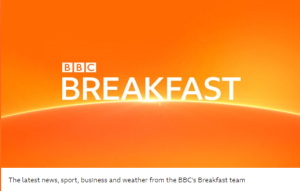
Presenters Naga Munchetty and Charlie Stayt introduced an item (which is no longer available on BBC iPlayer) as follows: [emphasis in italics in the original, emphasis in bold added]
Munchetty: “Christmas Eve celebrations taking place today in Bethlehem, including an annual procession led by the head of the Catholic church in the region.”
Stayt: “But with Israel closed to international travellers because of Omicron, the tourist industry is really struggling. Let’s speak now to Vera Baboun who is former mayor of Bethlehem.”
Baboun told viewers of effects of the pandemic with regard to foreign tourists and local participants and, in response to a question from Stayt, explained the reduced restrictions in force compared to the previous year.
Some two and a half minutes into the item, Stayt however chose to shift the focus of what was ostensibly a Christmas item:
Stayt: “Now Vera, sadly of course one of the things that doesn’t change – as you know only too well – is the tensions between…ahm…Israel and…err…Palest…Palestine. I mean it…that remains kind of a constant in a way, doesn’t it?”
Predictably – given that she did the exact same on BBC Radio Scotland last year – Baboun immediately responded to that cue from Stayt.
Baboun: “It is actually and you know with the most abnormal reality in Bethlehem is that Bethlehem is separated from Jerusalem through that wall and whenever you want to exit or enter Bethlehem […] you have to follow the instructions and to have a permit to enter. So this abnormal sense of the movement […] affects the GDP as well, the economy, life, how people carry, how we carry our life, definitely. This conflict as long as it proceeds and this tough reality, definitely it will affect the city of peace. Mind you, Bethlehem is the city of peace that does not live actual peace. […] But the toughest reality today, we have the pandemic and the continued occupation procedures.”
At no point in the item were viewers told that Bethlehem has been under Palestinian Authority control for over a quarter of a century, that the anti-terrorist fence described by Baboun as “that wall” was constructed because of Palestinian terrorism or that travel permits are still necessary because terrorism continues.
The opportunistic promotion of politicised messaging has unfortunately been a feature of BBC Christmas content for many years and the former mayor of Bethlehem has on various occasions over the past decade been provided with a BBC platform from which to promote her talking points.
It would of course be interesting to hear how the BBC explains its simultaneous amplification of claims of “occupation” alongside increasingly frequent references to a country called Palestine.

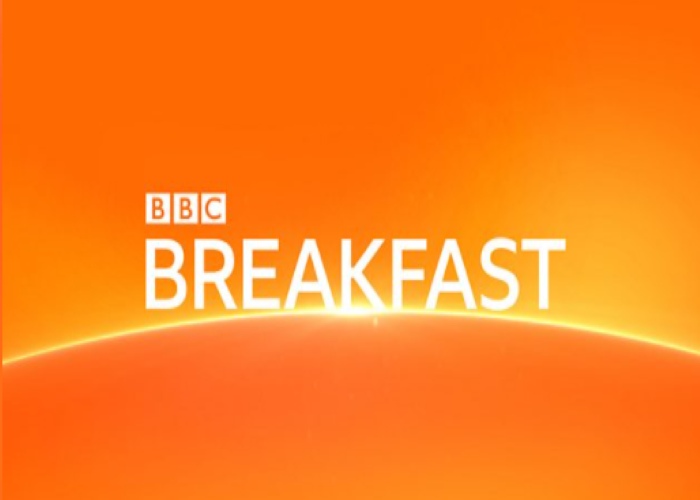
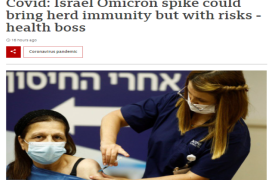
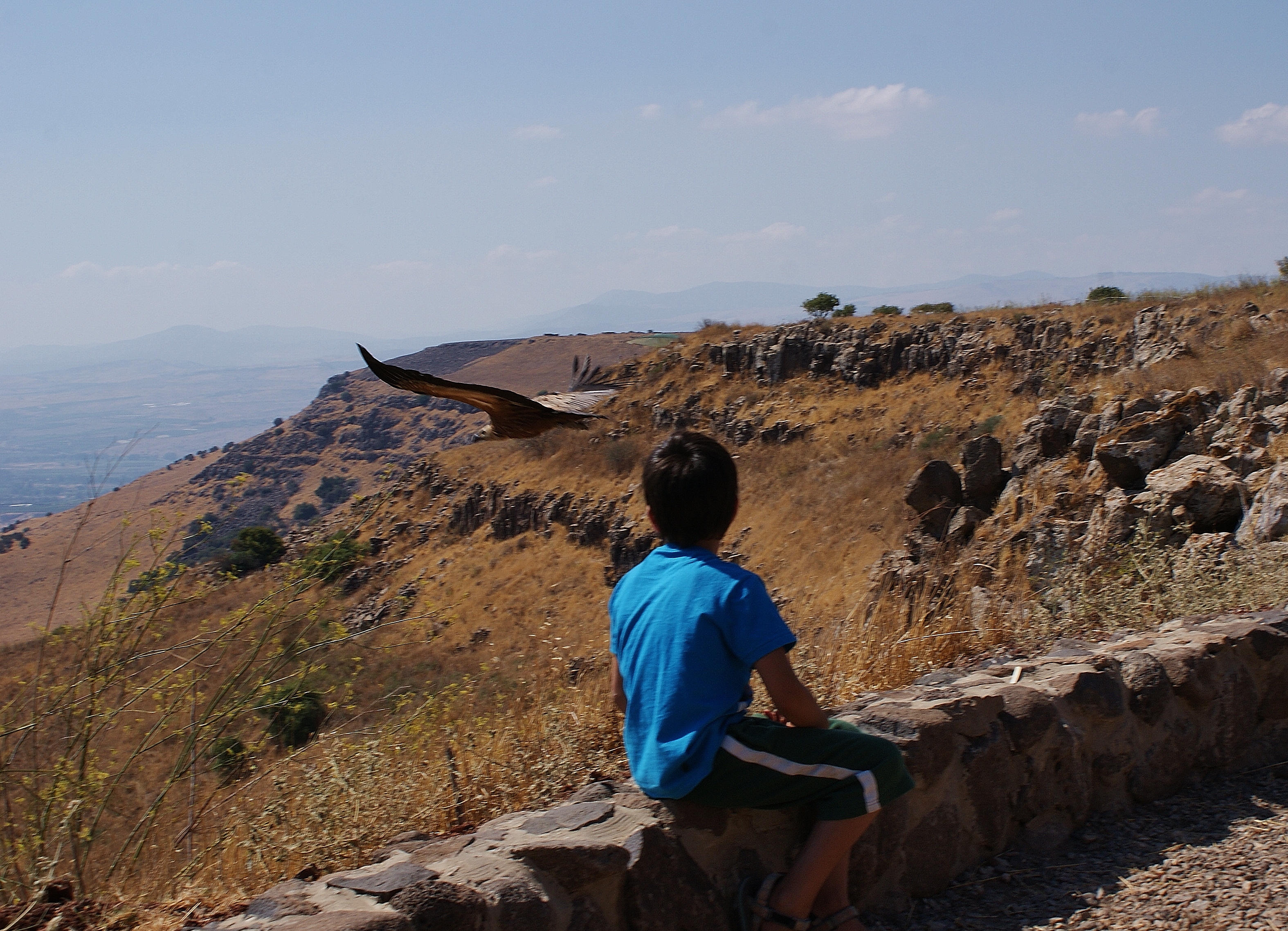
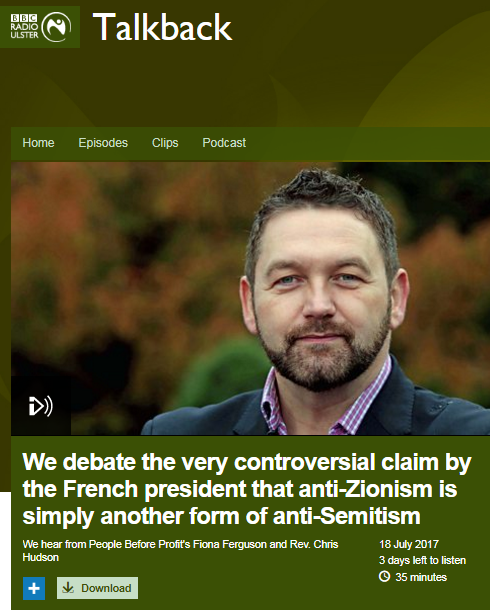
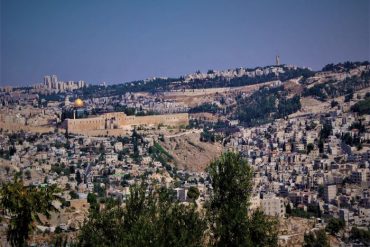
Time might be right now for the BBC to ditch its laughable use of the term “militants” to describe terrorists – when all other media use the correct word – TERRORISTS.
Stayt: “But with Israel closed to international travellers because of Omicron, the tourist industry is really struggling.
…
Baboun: “…. Bethlehem is separated from Jerusalem through that wall and whenever you want to exit or enter Bethlehem […] you have to follow the instructions and to have a permit to enter.
———————
Let them visit via Jordan.
Two sides to …ummm… errr…ahem… hurrumph… “Palestine”